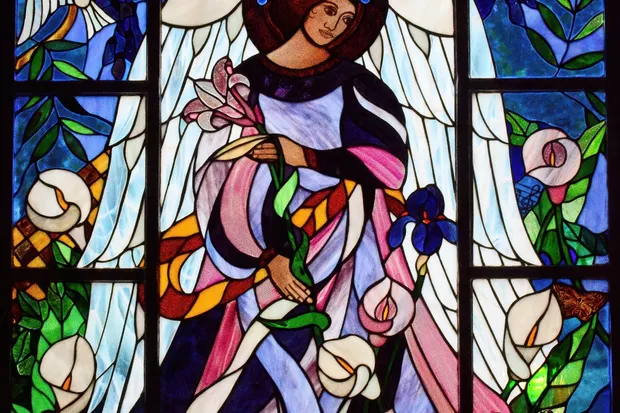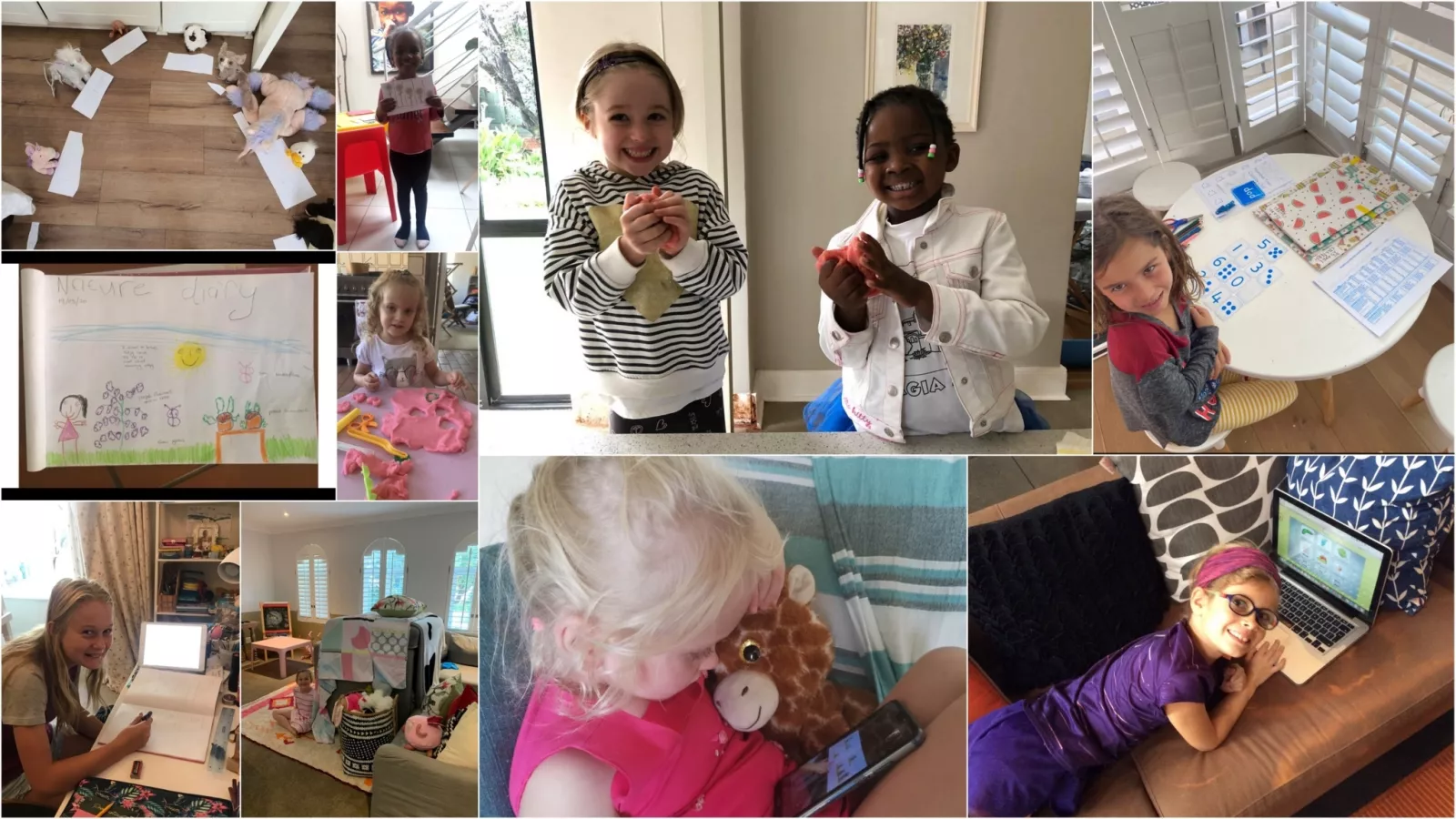From the head's desk: 20 March 2020
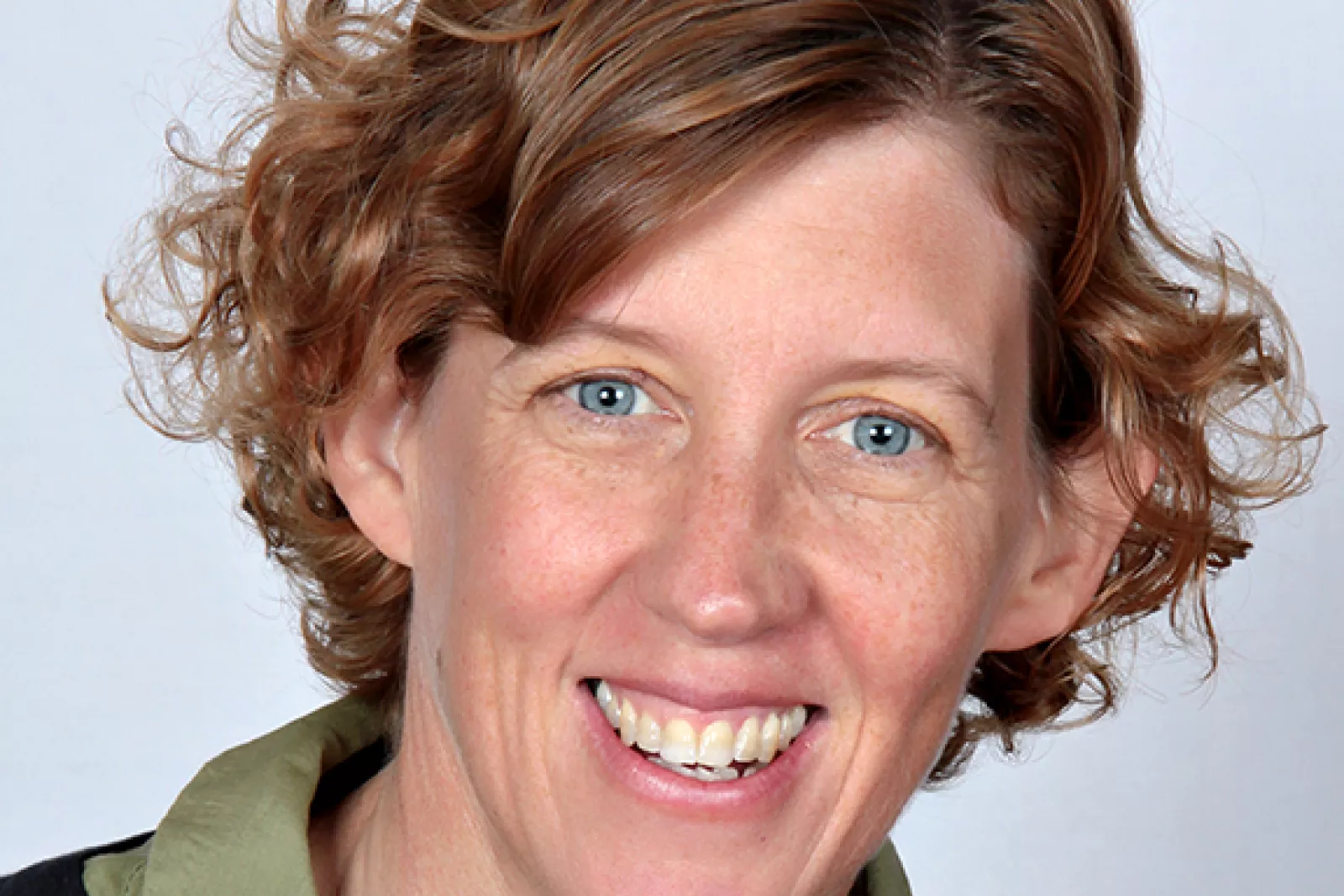
I have been hugely gratified by my involvement in some teaching in the Junior School this term: in addition to reading to the Grade 0s every Friday, I have held a session on creative writing with each of the Grade 7 classes. All of this comes to an end for now as we put our normal teaching timetable on hold with the official closure of South African schools. The switch to online platforms and printed resource packs is not without its difficulties, some of them expected, others, beyond our range of experience at present. All, I should say, incomparably easier than the challenges faced by many of our state schools.
In an article sent to me by one of our parents, Japanese student Yoshiko Iwai describes her experience of virtual instruction at Columbia University with the outbreak of the Covid-19 pandemic in the United States. At times, what she writes has little to say to us as a primary school, but her central observation – that the issue of accountability threatens to undermine successful online learning – has real implications for our approach. “Online classes require significantly more motivation and attention. I found it difficult to focus […] when I could browse the internet on my computer, text on my phone, watch TV in the background, have one hand in the pantry, or just lay comfortably in my bed.” (Or, and this is specifically for my Grade 7 classes, stare out the window and wonder palindromically, “Was it a car or a cat I saw?”) Even though we are not offering online lectures to our pupils, maintaining the momentum of our remote learning programme will require the constant supervision and redirection of our girls’ efforts by their teachers and parents who will themselves be occupied with navigating unfamiliar terrain.
Reflecting more deeply on the missed experience of being at school, Iwai comments: “Classrooms offer […] opportunities for riffs and surprise, and a large part of being a student is learning to deliver critique through uncomfortable eye contact, or negotiating a room full of voices and opinions that create friction with your own. […] I missed being interrupted by classmates who complicated my ideas […].” One of the profound joys and frustrations of being at school is that it is an inescapably social experience; our children learn alongside each other, with each other, and from each other, and online learning, even with the advances made in webinar technology, cannot replicate the lived energy and rhythm of the school day.
Where this leaves us is in the uncomfortable position of having to “make do” or, more optimistically, doing our best. Necessity is the mother of invention, as the Platonic saying goes, and there is a sense of excitement, however veiled right now, at what insights our forced engagement with an alternative approach to learning might yield. What is beyond question is that the transition from classroom teaching to online resources is not going to be smooth and the relationship established between teacher, parent and child is going to be tested in unaccustomed ways. The time ahead will have to be endured and enjoyed, with flexibility, patience, some daring, a sense of humour and hope.
Hope has been on my mind in the last fortnight. At a recent meeting of Anglican Schools in Johannesburg, Revd Roger Cameron asked us to consider the ways in which we brought hope to the communities we serve; in preparation for the speech I was going to give at the annual Junior Primary storytelling evening, I read about the animating force of hope in children’s literature, how, in author Katherine Rundell’s words, “Children’s novels spoke, and still speak, of hope.”
They say: look, this is what bravery looks like. This is what generosity looks like. They tell me, through the medium of wizards and lions and talking spiders, that this world we live in is a world of people who tell jokes and work and endure. Children’s books say: the world is huge. They say: hope counts for something. They say: bravery will matter, wit will matter, empathy will matter, love will matter. These things may or may not be true. I do not know. I hope they are. I think it is urgently necessary to hear them and to speak them.
Over the next few weeks, as we work and read and play with our children, all at a distance from St Mary’s, we could do worse than hope for the best. It counts for something.
Dr Sarah Warner
Headmistress: Junior School
Related News
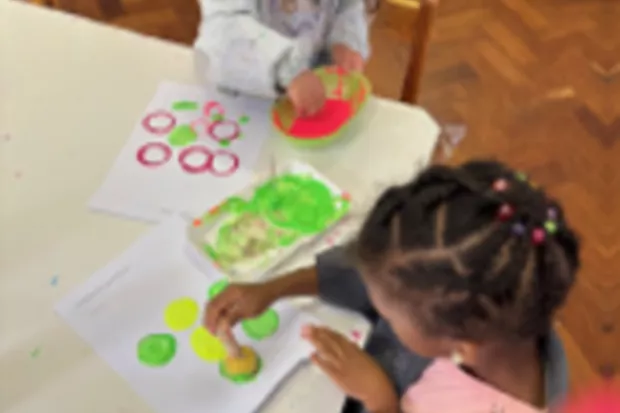
Little Saints News
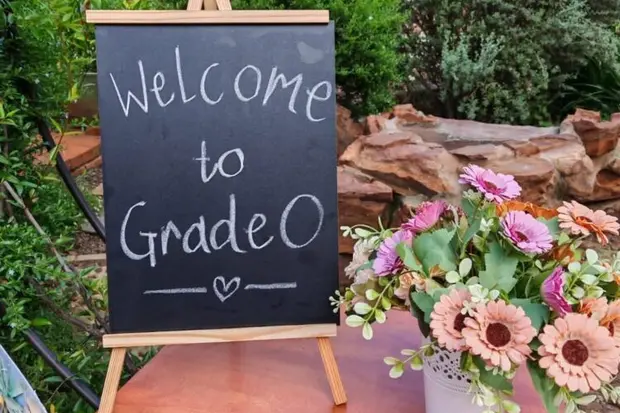
Grade 0 News
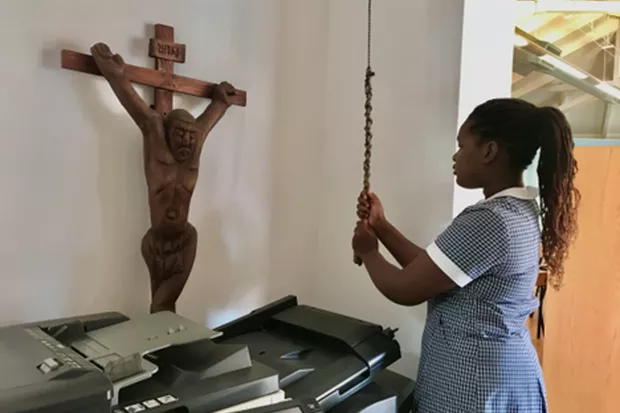
Grade 7 News
